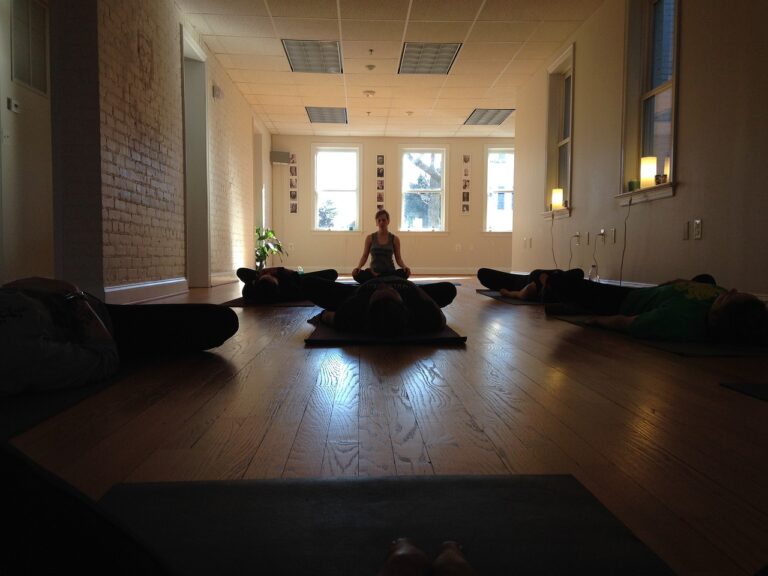Investigating the role of nutrition in infectious disease recovery: Betbazar 247 login, Playexch in login, Gold365 id login
betbazar 247 login, playexch in login, gold365 id login: Beh祴’s disease is a rare but serious autoimmune condition that affects various parts of the body. Understanding this disease is essential for those who may be diagnosed with it or for those who want to learn more about it. In this article, we will delve into the symptoms, causes, and treatment options for Beh祴’s disease.
Symptoms of Beh祴’s Disease
Beh祴’s disease is characterized by a variety of symptoms that can affect different parts of the body. Some of the most common symptoms include:
1. Mouth Sores – These are often the first sign of Beh祴’s disease and can be painful and persistent.
2. Genital Sores – Similar to mouth sores, genital sores can also occur in those with Beh祴’s disease.
3. Eye Inflammation – Inflammation in the eyes can cause redness, pain, and vision problems.
4. Skin Lesions – Painless, red, raised lesions on the skin are common in individuals with Beh祴’s disease.
5. Joint Pain – Joint pain and swelling, similar to arthritis, can be present in those with Beh祴’s disease.
6. Gastrointestinal Symptoms – These can include abdominal pain, diarrhea, and bleeding.
Causes of Beh祴’s Disease
The exact cause of Beh祴’s disease is unknown, but it is believed to be an autoimmune condition. This means that the body’s immune system mistakenly attacks its tissues, leading to inflammation and other symptoms. Genetics may also play a role in the development of Beh祴’s disease, as it tends to run in families.
Treatment Options for Beh祴’s Disease
Treatment for Beh祴’s disease focuses on managing symptoms and preventing flare-ups. Some common treatment options include:
1. Medications – Nonsteroidal anti-inflammatory drugs (NSAIDs), corticosteroids, and immunosuppressants may be prescribed to help reduce inflammation and manage symptoms.
2. Topical Treatments – Topical corticosteroids or numbing agents can help with mouth and genital sores.
3. Eye Drops – Eye drops may be prescribed to reduce inflammation and protect the eyes from damage.
4. Lifestyle Changes – Eating a healthy diet, avoiding triggers, and managing stress can help reduce the frequency and severity of Beh祴’s disease symptoms.
5. Surgery – In severe cases, surgery may be necessary to repair damage caused by Beh祴’s disease, such as in the eyes or gastrointestinal tract.
6. Supportive Therapies – Physical therapy, counseling, and support groups can help individuals cope with the physical and emotional challenges of living with Beh祴’s disease.
FAQs
Q: Is Beh祴’s disease contagious?
A: No, Beh祴’s disease is not contagious. It is an autoimmune condition and cannot be passed from person to person.
Q: Can Beh祴’s disease be cured?
A: There is currently no cure for Beh祴’s disease, but treatment can help manage symptoms and improve quality of life.
Q: Are there specific triggers for Beh祴’s disease flare-ups?
A: Triggers for Beh祴’s disease flare-ups vary from person to person but may include stress, fatigue, certain foods, and infections.
Q: How common is Beh祴’s disease?
A: Beh祴’s disease is considered rare, affecting about 1 in 20,000 people in the United States.
In conclusion, Beh祴’s disease is a complex condition that can have a significant impact on a person’s health and well-being. By understanding the symptoms, causes, and treatment options for Beh祴’s disease, individuals can better manage their condition and improve their quality of life. If you suspect you may have Beh祴’s disease, it is essential to consult with a healthcare provider for an accurate diagnosis and appropriate treatment plan.







